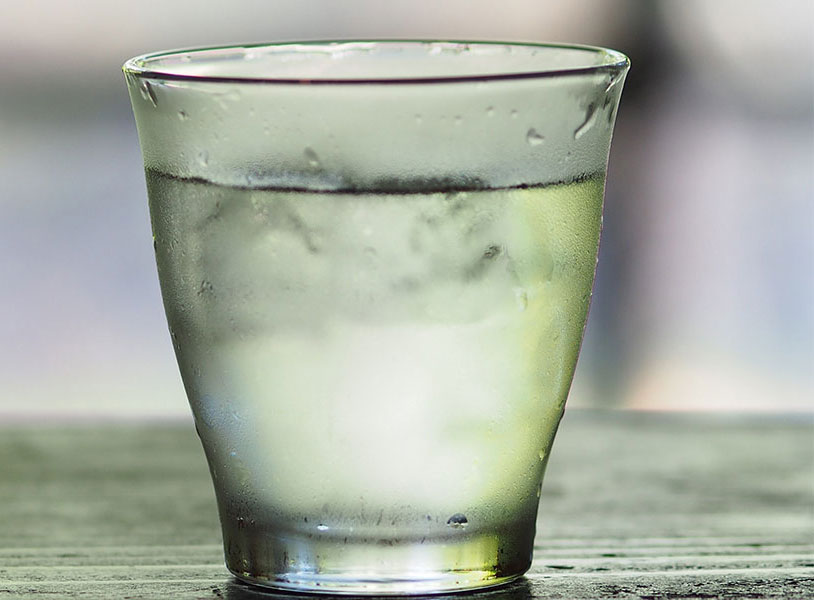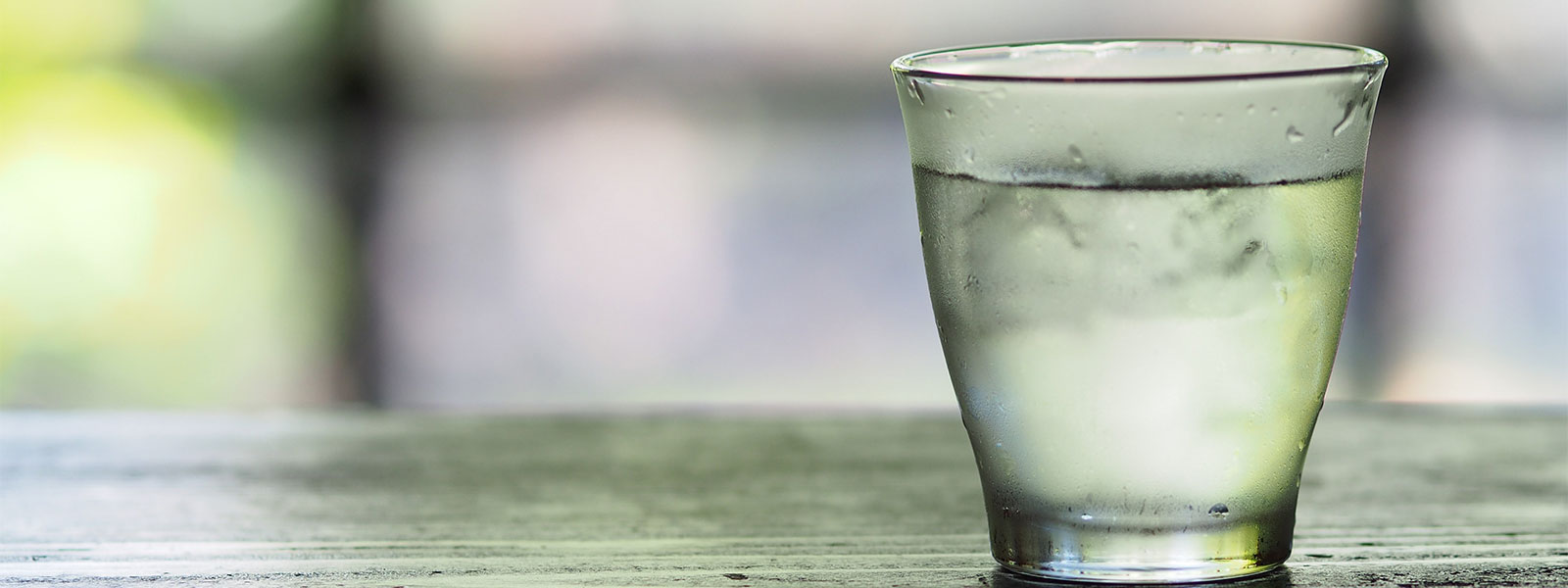Understand Your Water
Water affects practically every room in your home and many things within your home. The quality of your water affects how it tastes and smells as well as the food you cook with water. It also determines how your skin and hair feel and how your appliances, fixtures and plumbing look, last and perform. Better water can make a real difference in your life.
The first step to better water is understanding your unique water conditions. Take a couple of minutes to learn about common water quality issues and how to treat them. Then schedule a water test with Fehl water expert to diagnose your water problems and create a treatment plan.

Common Water Problems
A variety of factors can affect how your water tastes, smells, feels and works. The source of your water, possible contamination, an aging water distribution system and your home’s plumbing are just some of the things that can affect your water supply. This list includes some of the more common water issues. To learn more about your water’s quality, schedule a water test.
- Hard Water
- Chlorine Taste and Smell
- Unpleasant Taste and Odors
- Scale
- Staining
What’s in Your Water?
When viewed with the naked eye, water often looks clear and pure, but it may not be. As water flows through the ground or travels as a river, stream or lake, it dissolves rock and minerals and picks up other matter along the way. Depending on its journey, water can change significantly and can create a variety of challenges once in your home.
Whether your home’s water comes from a municipal supplier (city water) or a well, you should know what’s in it. Municipal water suppliers are required to provide a water quality report to inform you about your water’s quality. City water supplies are disinfected to kill harmful organisms and protect the water as it travels to your home, but once there, the disinfectant is no longer needed.
If your water comes from a private well, you are responsible for its quality and should test your water to determine what’s in it.
- Chloramine
- Bacteria and Viruses
- Lead
- Microplastics


Treating Your Water
The treatment methods for your home’s water depend on what’s going on with your water. The best course of action for both city water and well water is to have a water expert test your water. After testing your water, they will recommend a treatment plan that meets your needs. Visit the pages below to familiarize yourself with water testing and treatment methods. Then schedule a water test to learn more about your water.
- Importance of Water Testing
- How Does Reverse Osmosis Work?
- How Does a Water Softener Work?
- City Water Treatment
- Well Water Treatment
